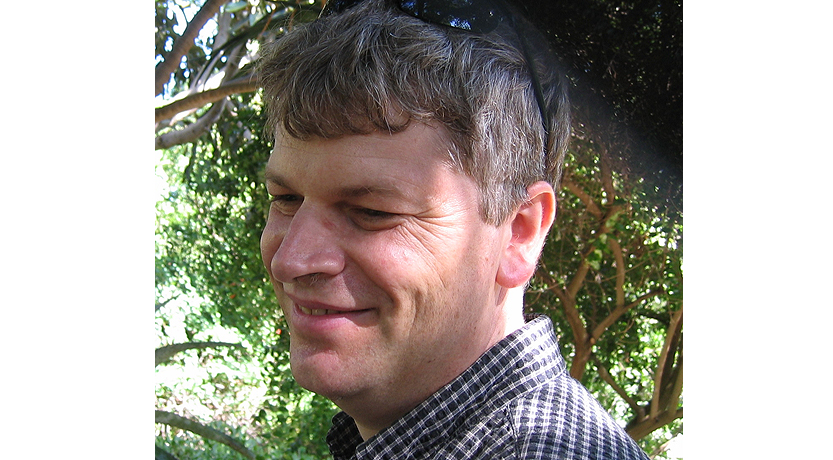Past Event: Oden Institute Seminar
Gaudenz Danuser, Chair, Lyda Hill Department of Bioinformatics, UT Southwestern Medical Center (UTSW) in Dallas and Director, Cecil H. and Ida Green Center for Systems Biology
3:30 – 5PM
Tuesday Nov 1, 2022
POB 6.304 & Zoom
Determining causal structure is at the core of investigation in science, engineering, and medicine. When possible, the structure is reconstructed via interventions with individual components and interpretation of the ensuing system responses in a directed graph of cause-effect relations. In many cases, however, it is technically not feasible to apply well-controlled interventions. Instead, causal structure must be inferred from observational data, an area of intense research in statistics and machine learning. Moreover, experimental intervention generates limited information for causal analysis in systems with significant nonlinearity and redundancy between components. Many molecular systems in biology fall in this category. While molecular and genetic engineering provides a powerful means to perturb specific components or component interactions, the deduction of cause and effect is challenged by compensatory system responses. To overcome this fundamental problem in molecular systems analysis we adopt strategies of statistical causal inference. One popular family of methods relies statistical time series analysis and the notion of Granger causality, which prescribes that a cause-effect relation between two components will exist if the past of the former is indispensable for predicting the future of the latter. We exploit live cell imaging to visualize the dynamics of molecular processes and develop advanced computer vision methods to transform 2D and 3D image data into mathematical representations of spatially resolved time series conducive to causal inference. We exploit the same representations also to infer cause-effect relations under the ‘treatment-response’ paradigm, which offers more flexibility in systems with a spatiotemporally transient causal structure. Key to this application is the definition of ‘treatment’ events in observational data, which we accomplish by Hidden-Markov modeling of transient co-fluctuations between component time-series that may be causally coupled. In summary, this presentation will outline a number of recent efforts to overcome the limitation of experimental perturbation in determining causal structure in molecular systems with a high degree of nonlinearity and redundancy and describe how these computational tools are leading us to unexpected discoveries of cell regulation.
Gaudenz Danuser is the inaugural chairman of the Lyda Hill Department of Bioinformatics at UT Southwestern Medical Center (UTSW) in Dallas and the Director of the Cecil H. and Ida Green Center for Systems Biology. Before moving to UTSW, Danuser directed research laboratories at ETH Zurich (2002 – 2003), at The Scripps Research Institute in La Jolla (2003 – 2009), and at Harvard Medical School (2009 – 2014).
Trained in electrical engineering and computer science, he started to work in cell biology as a postdoctoral fellow at the Marine Biological Laboratory in Woods Hole, MA. His research combines molecular cell biology, live cell microscopy, computer vision and machine learning to investigate how chemical and mechanical signals integrate in the regulation of cell morphogenesis. Currently, his lab’s main interest is focused on understanding the roles cell shape play in promoting enhanced proliferation and survival of the metastatic cell, including how shape cues confer drug resistance. He is a devoted teacher in areas of computational cell biology, cellular biophysics, and the theory of measurement applied to cell biology.
